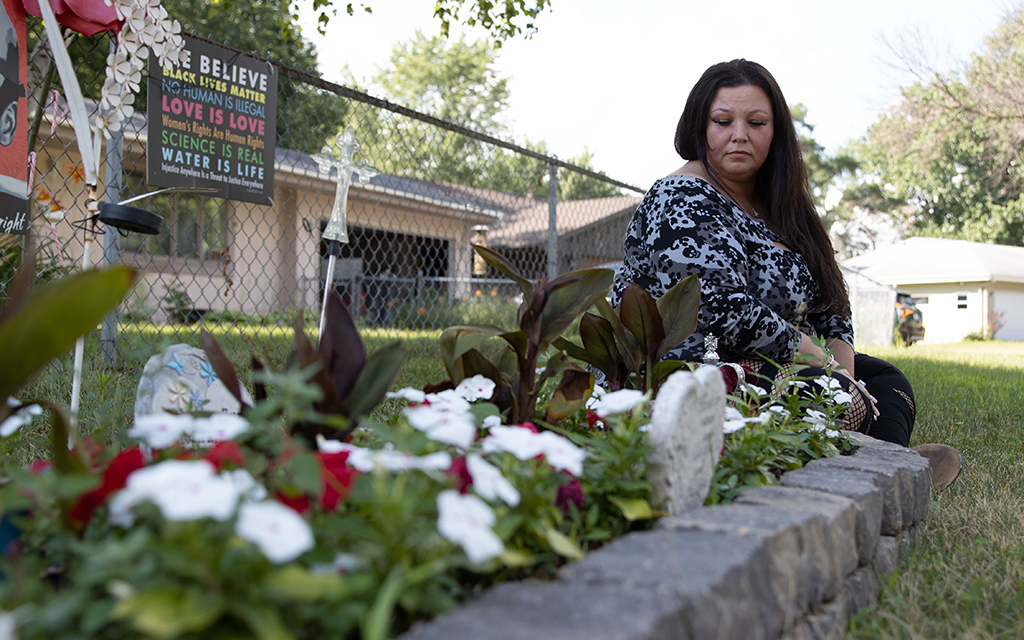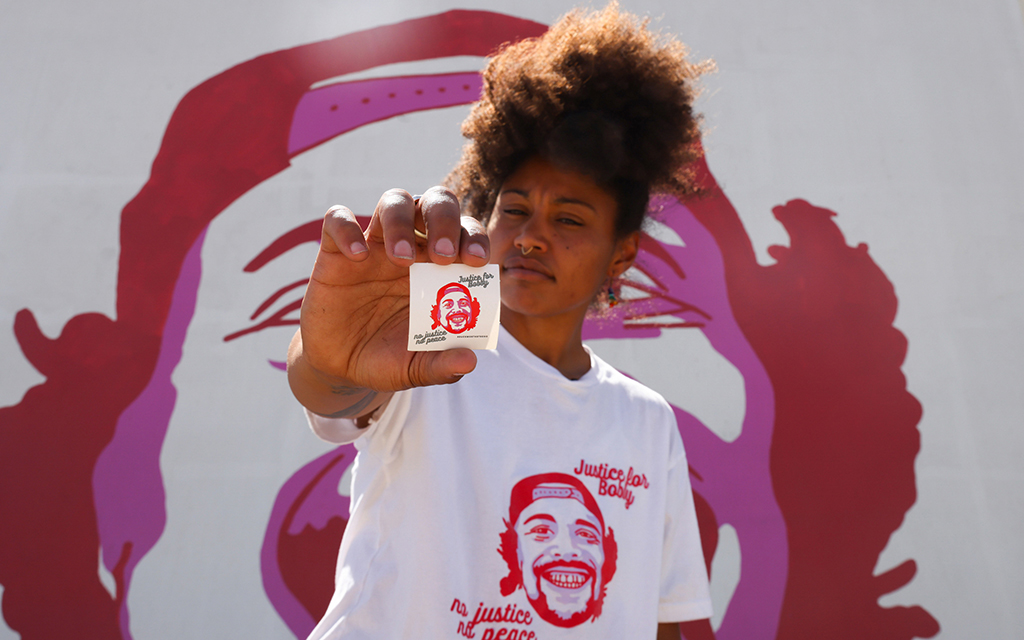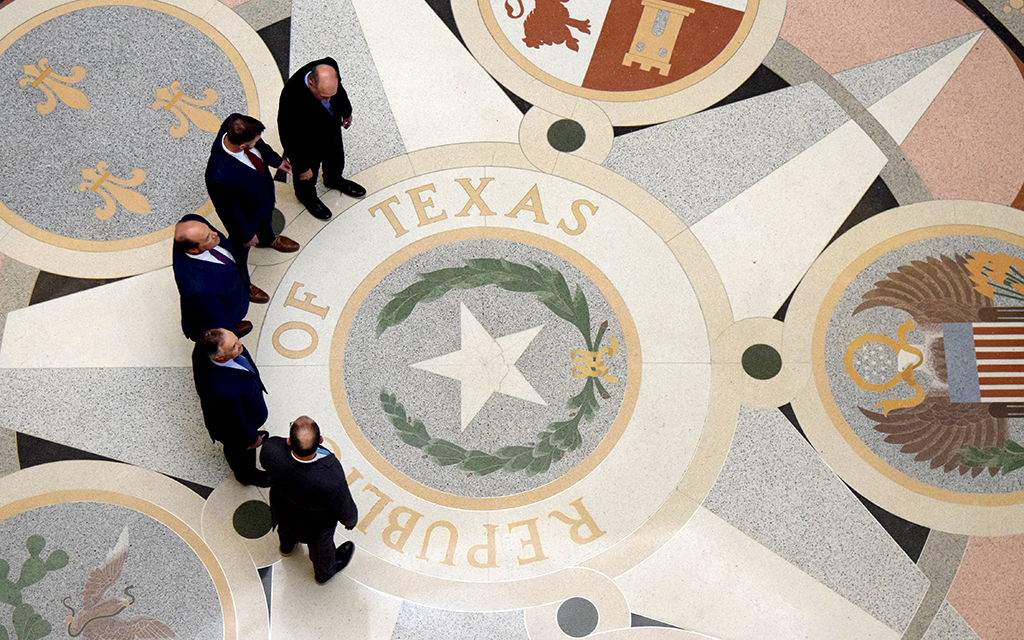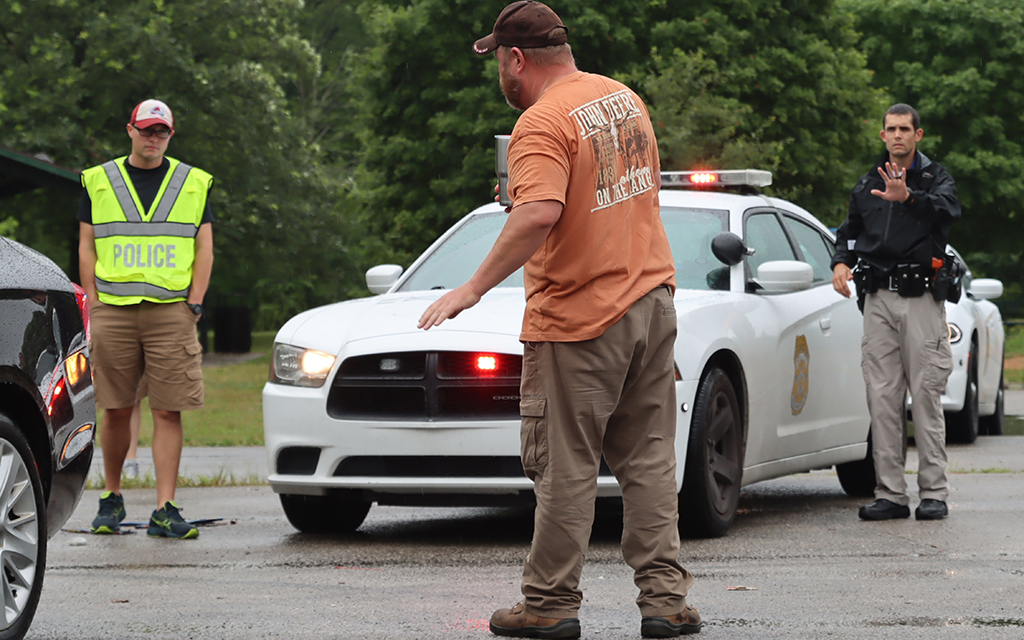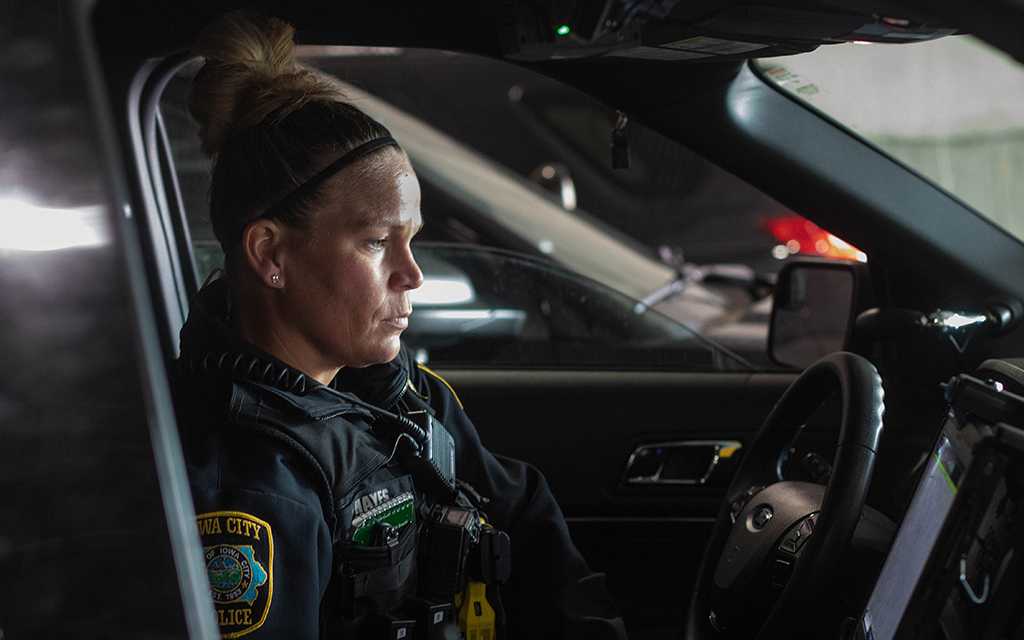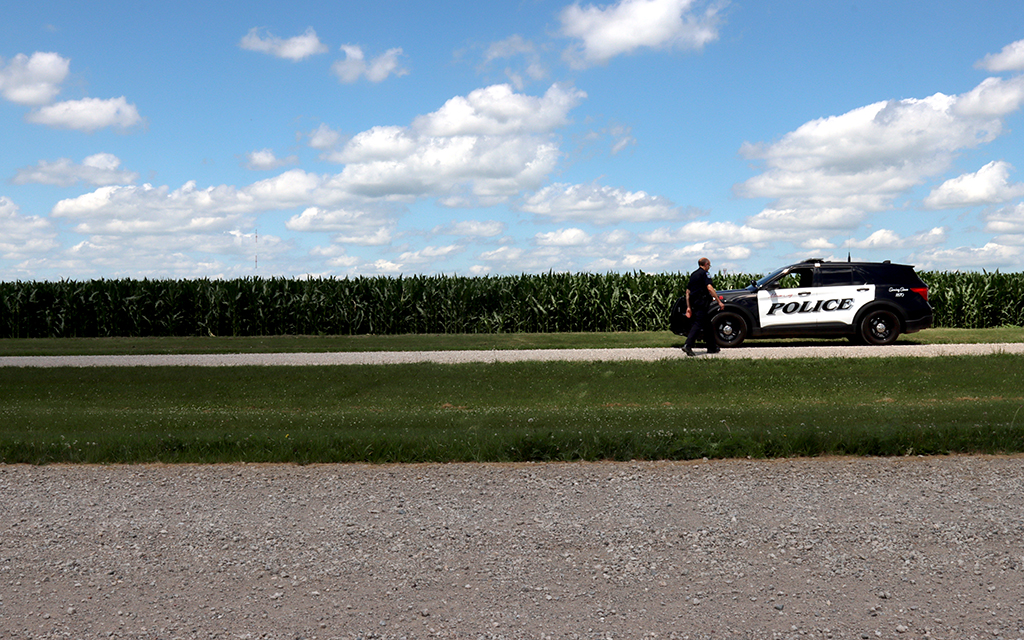Introduction
People have demanded police reform in America for decades. But experts say this time might be different.
Reforming such a vast, complicated system won’t be easy. One expert described what’s happening now as “reform around the edges” – with individual departments, cities and states tackling pieces of police reform.
This project explores not only what’s changing and why, but examines solutions-based approaches to police reform and accountability. But first, we start with the push and pull of reform efforts across America.
THE ROLE OF ACTIVISTS
Activists and their supporters – elected officials, police and community members – say their work takes years of commitment, collaboration and struggle. They build on the mistakes and successes of previous generations, including the Black Panthers in Oakland, California. Read More
“This pain, we have tried to turn into some form of purpose.”
– Cephus Johnson, also known as “Uncle Bobby” of Oakland, California
The complicated role of police unions
Common demands for police reform include chipping away at long-established police protections: make complaints against officers open to the public, tighten and enforce use-of-force rules, and reform the disciplinary process. Those demands have met fierce resistance from police unions. But the power dynamic might be changing. In St. Louis, for example, the Ethical Society of Police, a predominately Black and brown police association, has pushed for accountability for officer misconduct and brought attention to the culture of police unions and their resistance to reforms. Read More
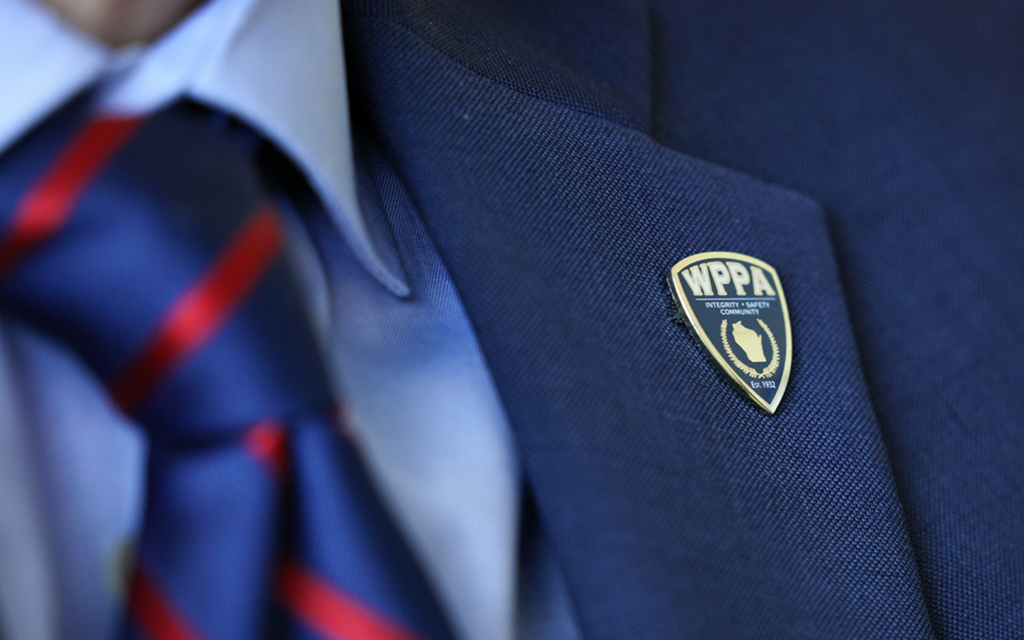
People and Policies: What's changing
BUILDING TRUST
Hate in America: The system for reporting hate is broken. The FBI’s database has limited scope, and people often don’t – or sometimes can’t – report hate crimes and incidents to authorities. But federal, state and local entities are tackling hate in a variety of ways – from expanding definitions and launching hotlines to capturing data. Experts agree communities need to take a multipronged approach to ensure hate is reported, analyzed and resisted – and that requires collaborating, building trust and raising awareness.Read More
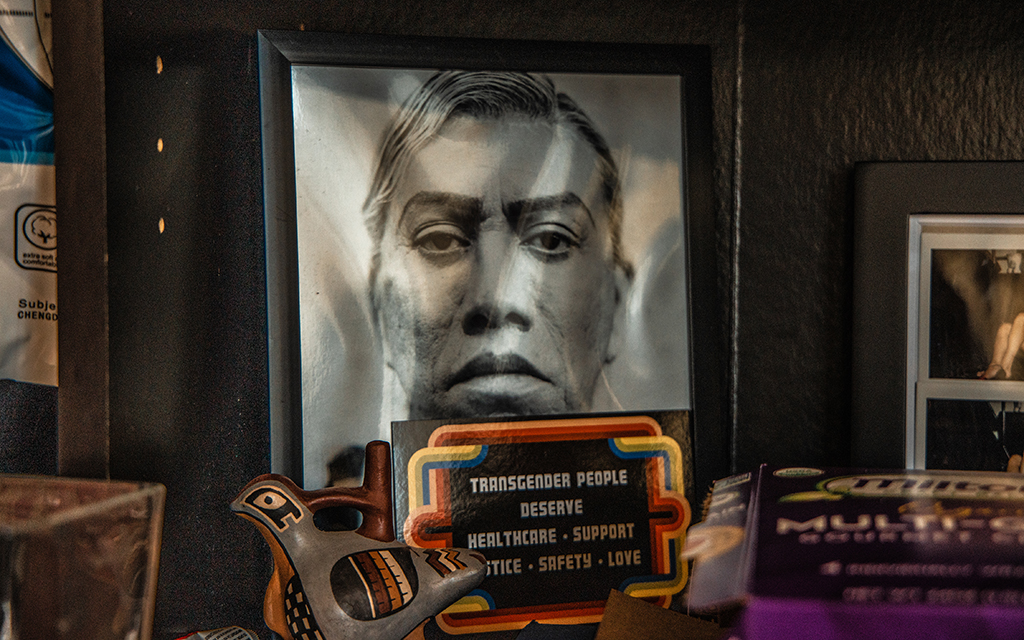
Engaging with communities
Avon Police Chief Greg Daly says many people in his small Rocky Mountain town are afraid to call police. To improve trust among the large immigrant population, the department conducts an annual Latino Police Academy, has hired more Spanish-speaking officers and even posts fun TikToks in Spanish.

